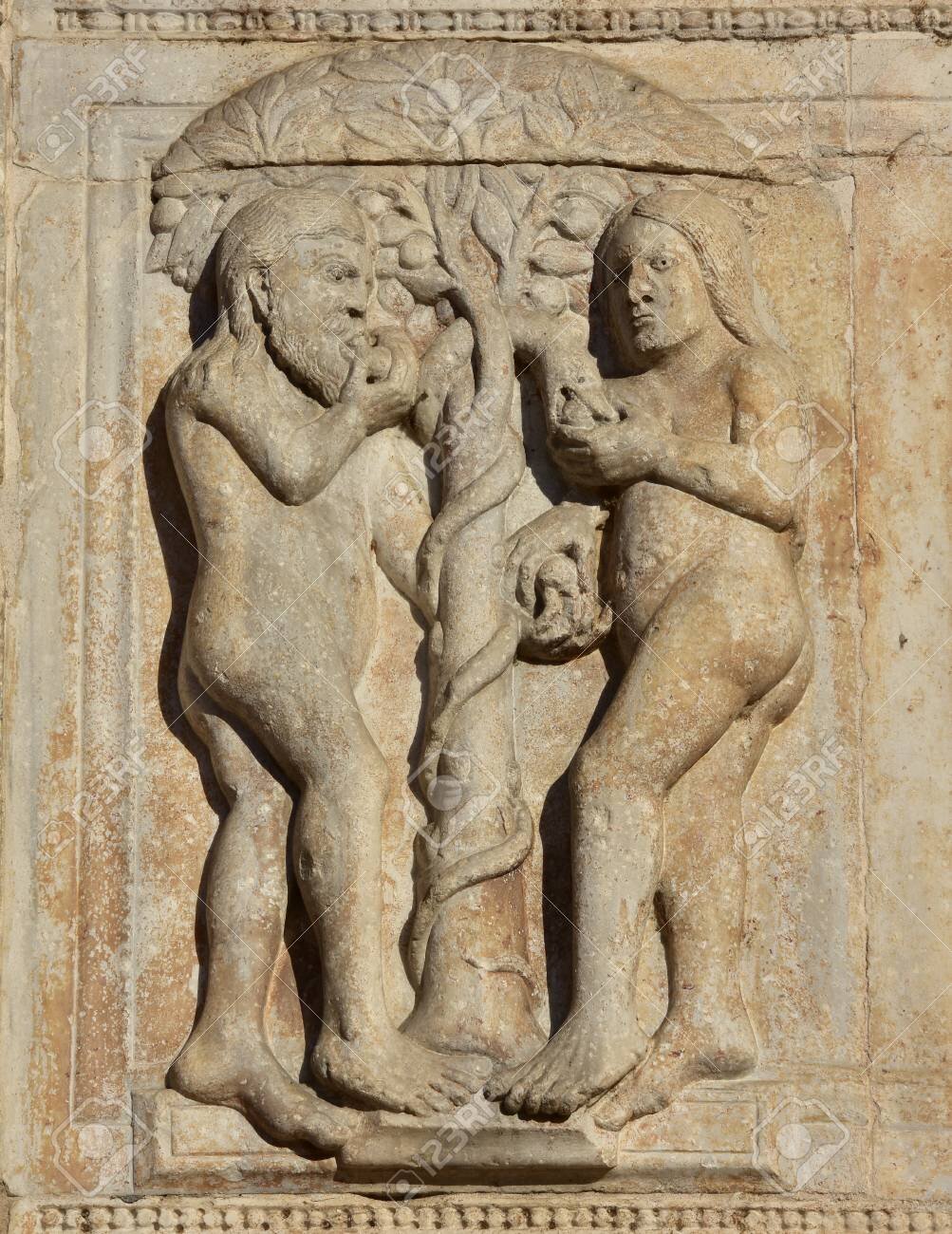‘Prudentius’, Aurelius Prudentius Clemens. (348-405?)
Originally written in Latin, this poem was part of a contemporary theological argument. This sounds dour, but it rocks along in Martha M. Malamud’s translation.
The section I’ve read here is about free will. Prudentius argues that when God gave man power over the beasts, he also gave him power over himself. The first five or so lines I’ve read here present the point of view that Prudentius is arguing against. Therefore good and evil are choices we make. A man with no choice, who is forced to do good, cannot be good.
The first five or so lines I’ve read here present the point of view that Prudentius is arguing against.
Strikingly, for all the misogyny of the poem, when Prudentius comes to relate the genesis story of Adam and Eve, although he doesn’t name Eve, he doesn’t blame her either. Adam had a choice, and he made it. He choose to do what he knew was wrong. Therefore he, and no one else, was to blame for his actions.
Given the medieval habit of blaming Eve for ‘The Fall’ it’s a striking departure from the normal way the story is presented. Malamud claims that Milton would have known this poem, and and she points out, it’s fascinating to read the whole poem with Paradise Lost in mind.
This reading is taken from ‘The Origin of Sin, An English Translation of the Hamartigenia’, by Martha. A Malamud. (2011) lines 879-957.
